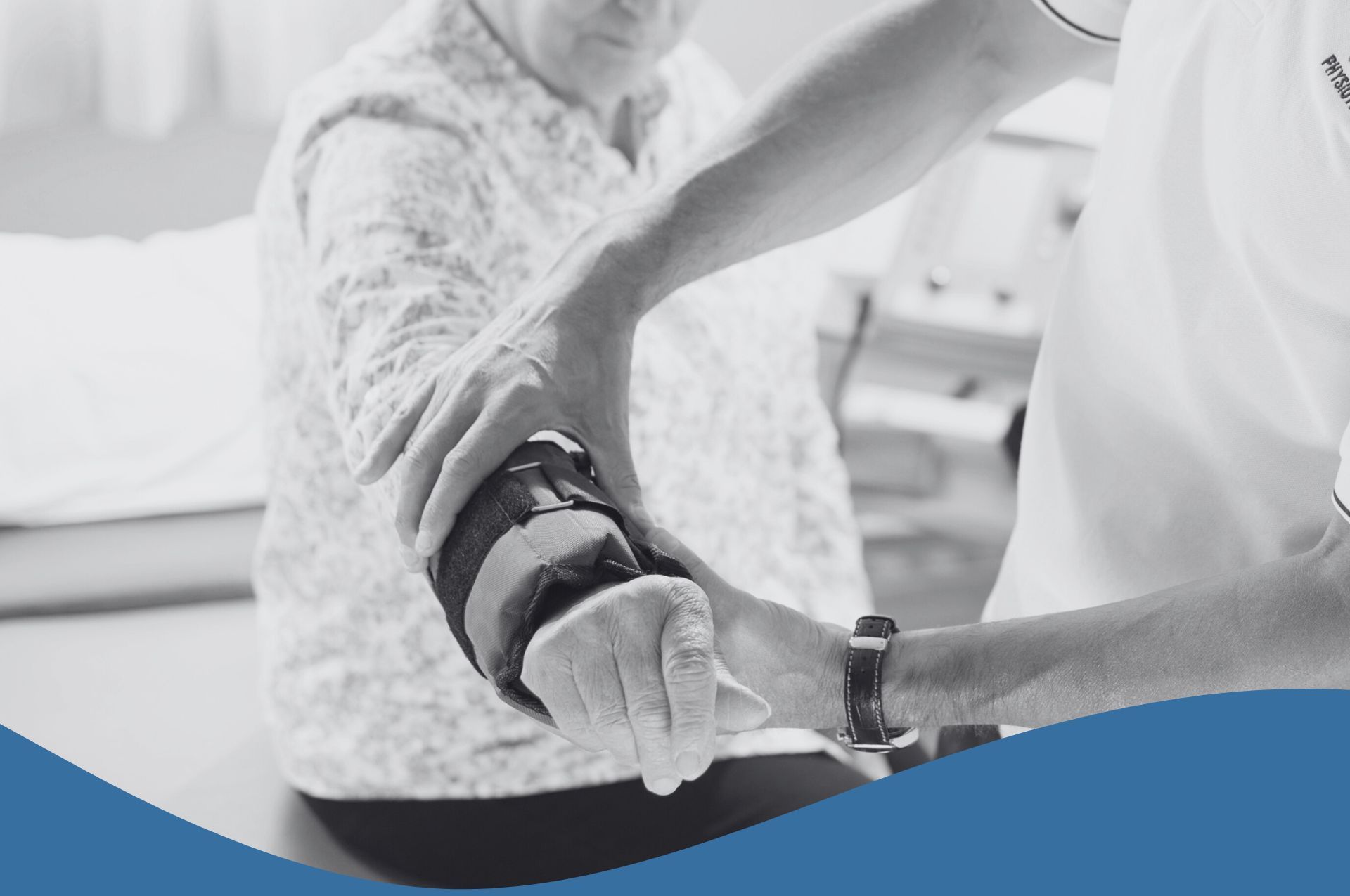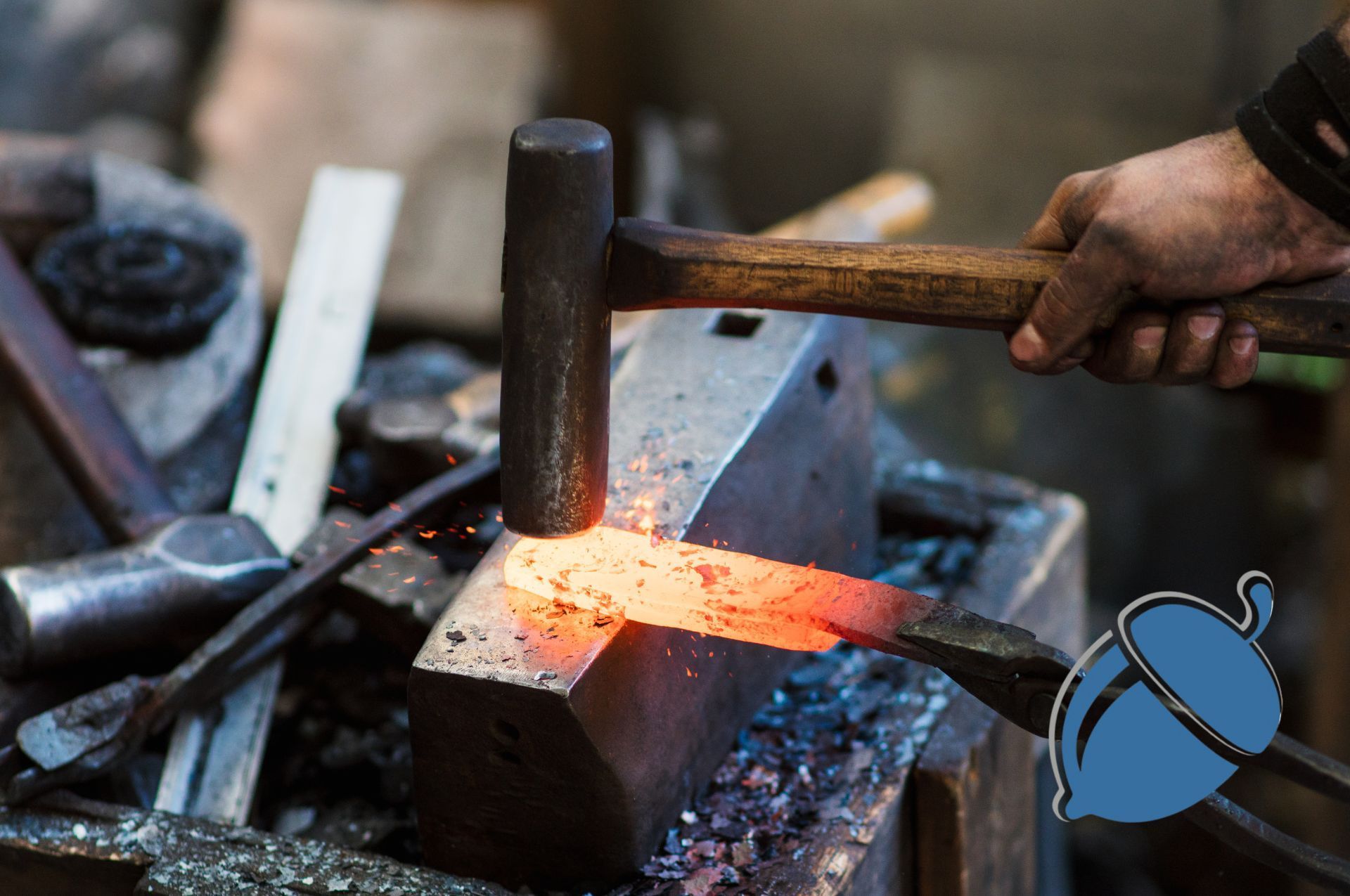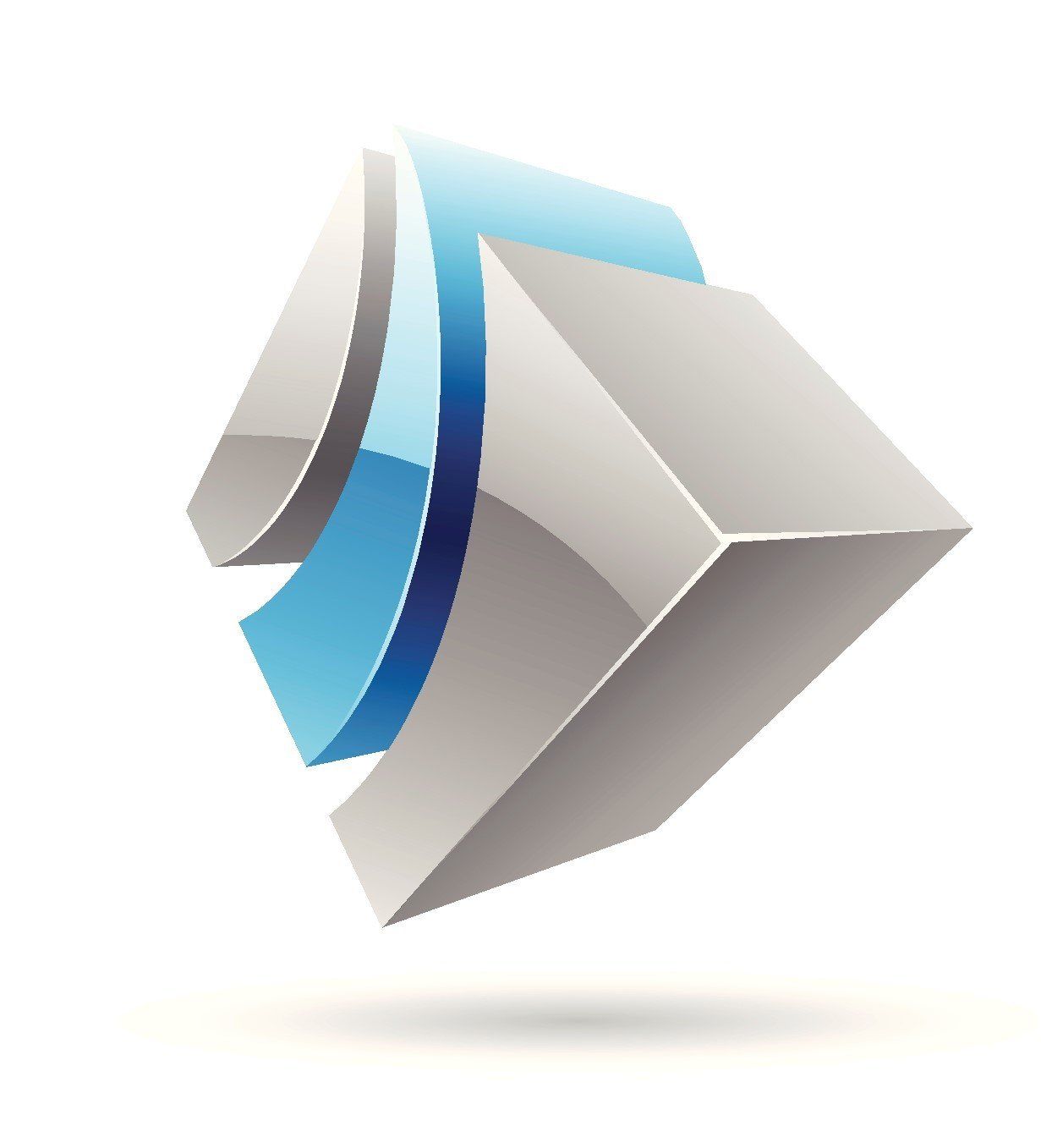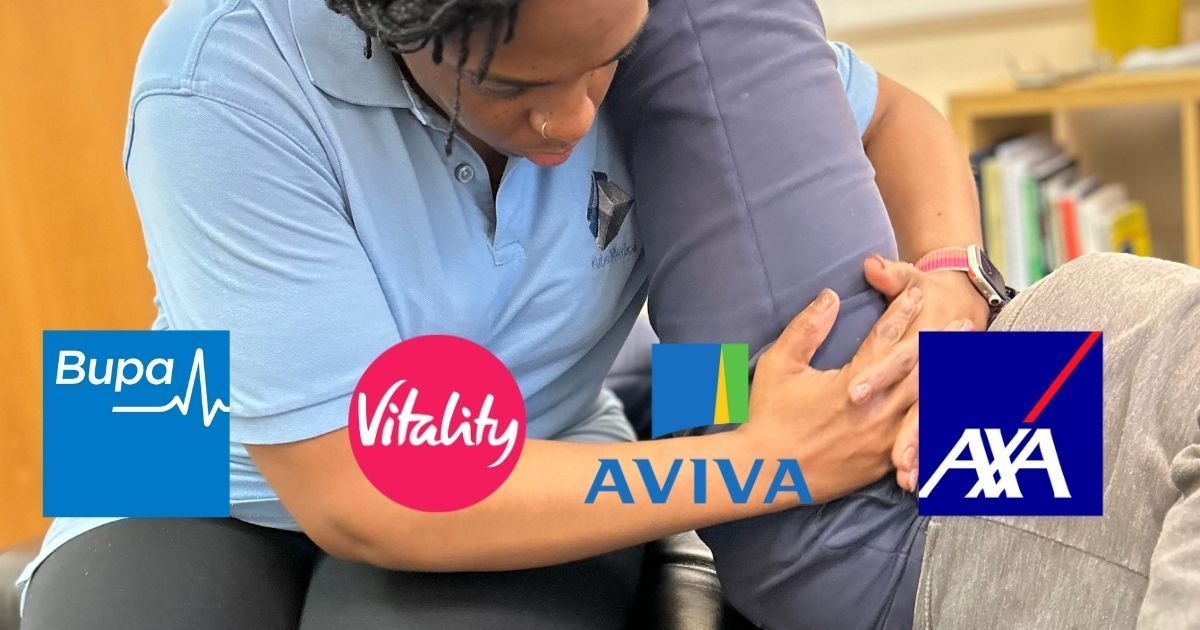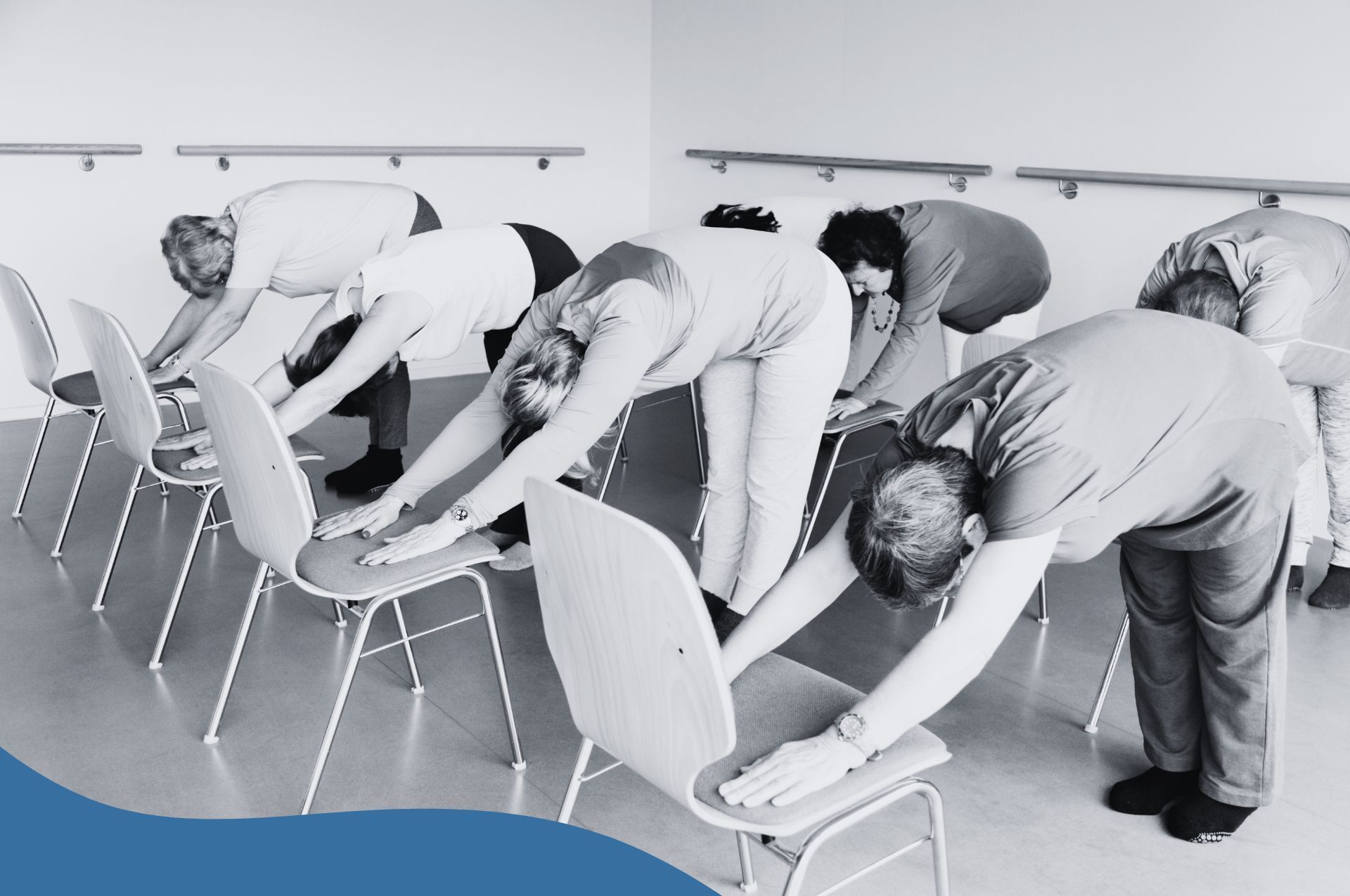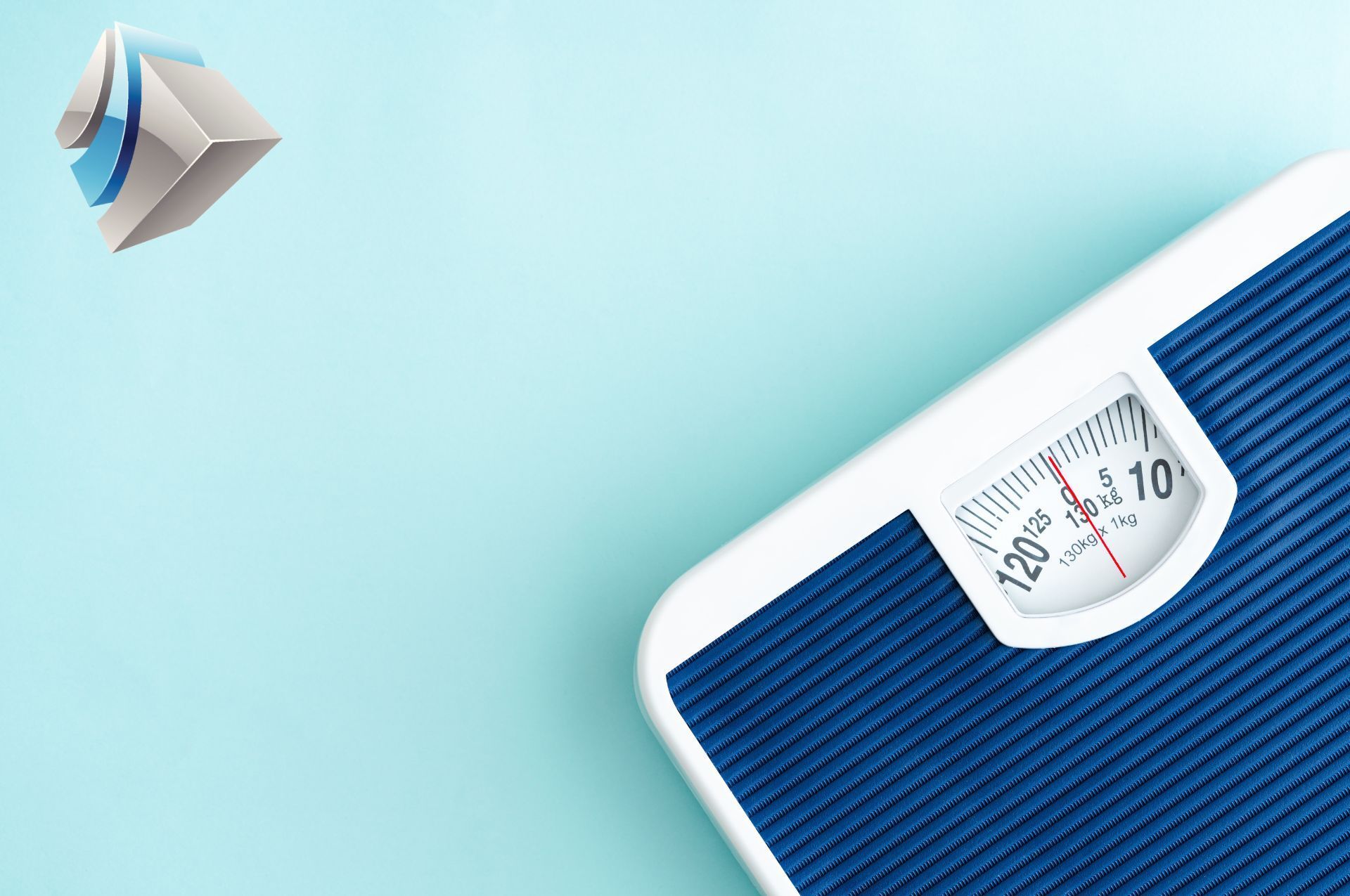Unravelling the Mystique of Indian Head Massage: A Dive into Its Risks and Benefits
Indian Head Massage, a therapeutic practice with ancient roots in Ayurvedic tradition, has traversed centuries to become a popular modality in the holistic health community worldwide.
Known for its unique approach to alleviating stress and promoting well-being through focused massage on the head, neck, and shoulders, this technique offers a myriad of benefits, alongside considerations worth noting.
Drawing upon research and studies, this blog explores the scientifically-backed benefits and potential risks associated with Indian Head Massage.
The Benefits: A Closer Look
- Stress Reduction and Psychological Well-being
A systematic review highlighted in PubMed delineates the efficacy of various massage techniques, including Indian Head Massage, in significantly reducing stress levels (Moyer et al., 2004). Participants reported immediate feelings of calmness, a reduction in anxiety, and an overall sense of psychological well-being post-treatment.
- Enhanced Circulation and Detoxification
The practice of Indian Head Massage stimulates blood flow to the scalp, neck, and shoulders, enhancing circulation to these areas. Improved blood flow not only nourishes the tissues but also facilitates the removal of toxins, thereby supporting the body's natural detoxification processes.
- Alleviation of Headaches and Sleep Improvement
Research indicates that regular sessions of Indian Head Massage can contribute to the alleviation of tension headaches and migraines (Lawler & Cameron, 2006). The relaxation and muscle tension release provided by the massage are key factors in its effectiveness. Additionally, the soothing effect of the massage can improve sleep quality, offering relief to those suffering from insomnia.
Potential Risks and Considerations
While Indian Head Massage is generally considered safe for most people, certain conditions warrant caution or outright avoidance of this treatment.
- Pre-existing Medical Conditions
Individuals with conditions such as acute migraines, recent head or neck injuries, or skin infections in the area to be massaged should consult with a healthcare provider before receiving an Indian Head Massage. The pressure applied during the massage could exacerbate certain conditions.
- Risk of Discomfort or Injury
Though rare, there is a potential risk of discomfort or minor injury if the massage is performed too vigorously or if the recipient has a sensitivity that the therapist is unaware of. It is crucial for practitioners to be well-trained and for recipients to communicate openly about their comfort levels and health history.
Conclusion
The practice of Indian Head Massage offers a holistic approach to managing stress, enhancing physical well-being, and promoting mental clarity. While the benefits are supported by both anecdotal evidence and scientific research, individuals interested in this therapy should consider their personal health circumstances and consult with a professional to ensure it is appropriate for them. As with any complementary therapy, the key to a safe and beneficial experience lies in informed choices and open communication between the therapist and the recipient.
References
- Moyer, C.A., Rounds, J., & Hannum, J.W. (2004). A meta-analysis of massage therapy research. Psychological Bulletin, 130(1), 3-18.
- Lawler, S.P., & Cameron, L.D. (2006). A randomized, controlled trial of massage therapy as a treatment for migraine. Annals of Behavioral Medicine, 32(1), 50-59.
Disclaimer: This blog is intended for informational purposes only and should not be considered a substitute for professional medical advice, diagnosis, or treatment.
